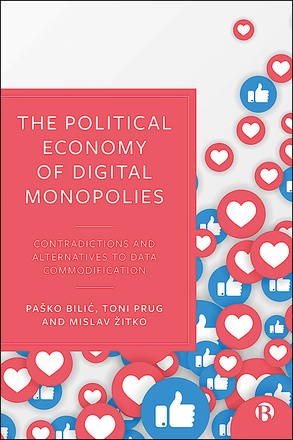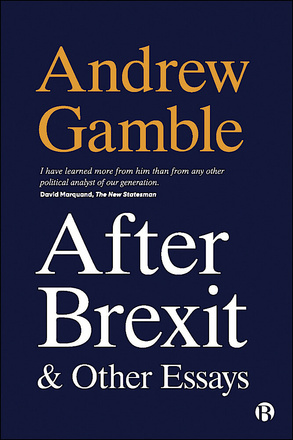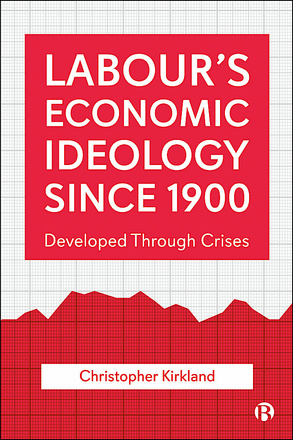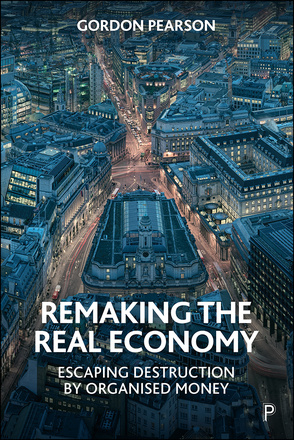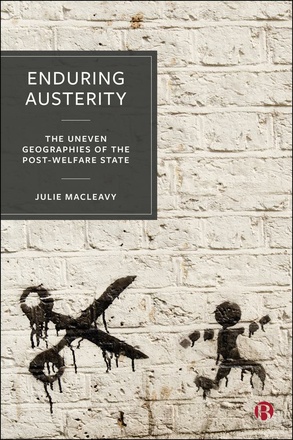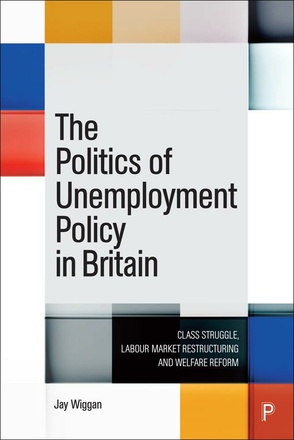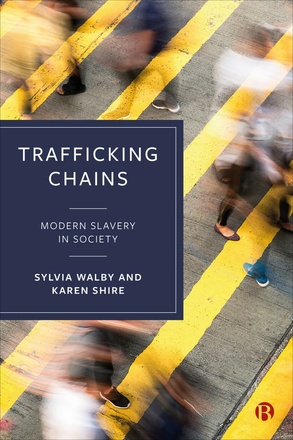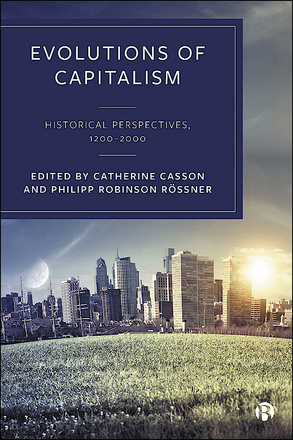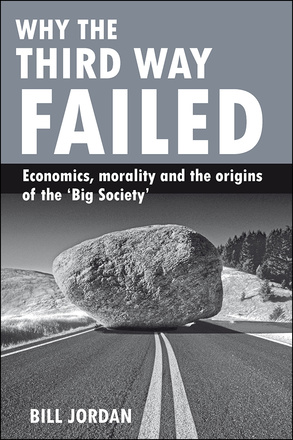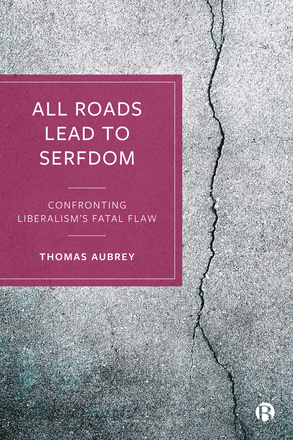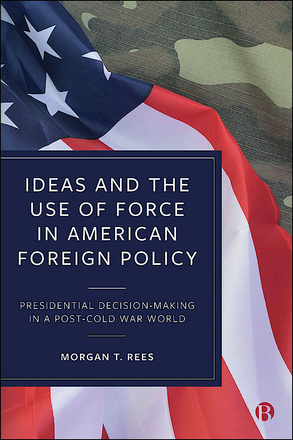Political Economy
The Political Economy of Digital Monopolies
Contradictions and Alternatives to Data Commodification
As outrage over the socially damaging practices of technology companies intensifies, this book asks what it actually means to hold a 'monopoly' in the tech world and offers an in-depth analysis of how these corporate giants are produced, financialized, and regulated.
After Brexit and Other Essays
After Brexit brings together Gamble’s most influential writings on British politics and political economy from the last 40 years, reflecting on issues that animate British politics, from the decline of the economy and reshaping the welfare state to the transformation of political parties and devolution to Wales, Scotland and Northern Ireland.
Labour’s Economic Ideology Since 1900
Developed Through Crises
This book offers a systematic exploration of the drivers and key ideas behind the Labour Party’s economic ideology. In demonstrating how crises have affected the party’s economic policy, the book presents a historical analysis of the party’s evolution since its formation and offers insights into how future changes may occur.
Remaking the Real Economy
Escaping Destruction by Organised Money
Debunking the myths around the current economic belief systems, this book reveals how mainstream perspectives work for the benefit of the organised money establishment, while causing all manner of destructions and inequalities which work against the common good. It offers a refreshingly simple business strategy model for a truly sustainable future.
Enduring Austerity
The Uneven Geographies of the Post-Welfare State
This book reflects on the spatially and socially uneven impacts of austerity and considers its future impacts on individuals, families and areas. In doing so, it offers a new critical analysis of the uneven geographies created by austerity in the post-welfare age.
The Politics of Unemployment Policy in Britain
Class Struggle, Labour Market Restructuring and Welfare Reform
Advancing a class-centred approach, this book provides an account of the evolution of social security and employment policy and governance in Britain between 1973 and 2023.
Trafficking Chains
Modern Slavery in Society
This book offers a theory of trafficking and modern slavery with implications for policy. Going beyond polarised debates on the sex trade, this book shows the importance of coercion and the societal complexities that perpetuate modern slavery.
Evolutions of Capitalism
Historical Perspectives, 1200–2000
Covering times, places and topics that have often been overlooked in the existing economic history literature, this collection charts the most comprehensive chronology of capitalism to date.
Thriving beyond Debt
The Lived Experience of Bankruptcy and Redemption
Capitalism only celebrates success, and it can be difficult to know what to do when it is confronted with failure. This book explores what happens when people go broke, and what the experience of bankruptcy and insolvency is like up close.
Why the Third Way failed
Economics, morality and the origins of the 'Big Society'
This insightful and progressive book proposes a new moral approach to public policy to replace Third Way governments' failed attempts to reconcile global markets with ethically-informed public policies.
All Roads Lead to Serfdom
Confronting Liberalism’s Fatal Flaw
Drawing on the German ordoliberal tradition, this book argues that liberalism’s reliance on a utilitarian policy framework has resulted in increased concentrations of power, restricting freedom and equality. It proposes an alternative public policy framework and offers a practical pathway to realign policy making with liberal ideas.
Ideas and the Use of Force in American Foreign Policy
Presidential Decision-Making in a Post-Cold War World
Examining the post-Cold War period, this book sets out to explain why and when US presidents choose to use force. It develops new explanations for variation in the use of force in US foreign policy by theorizing and demonstrating the effects of the displacement and repression of ideas within and across different US Presidential administrations.







